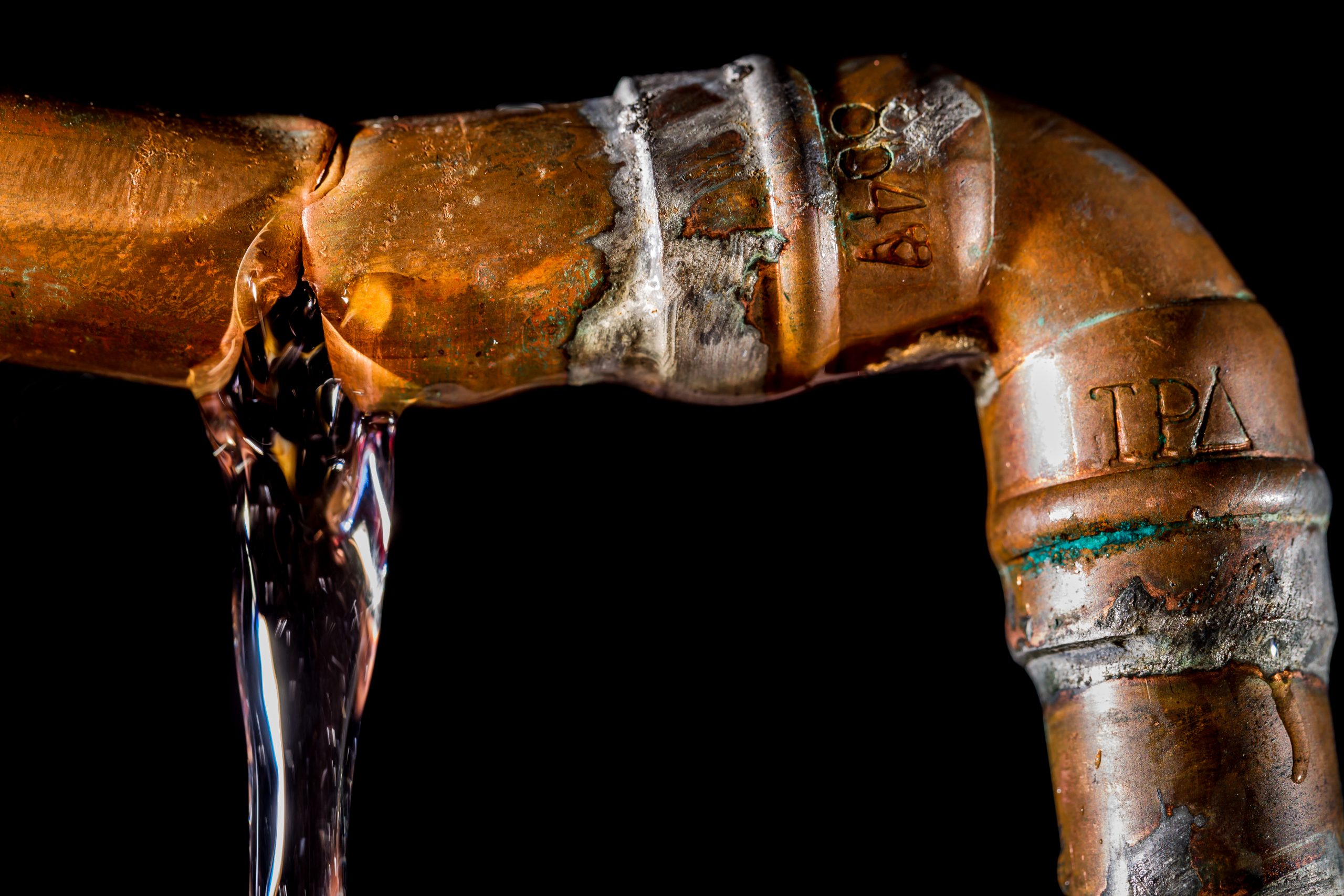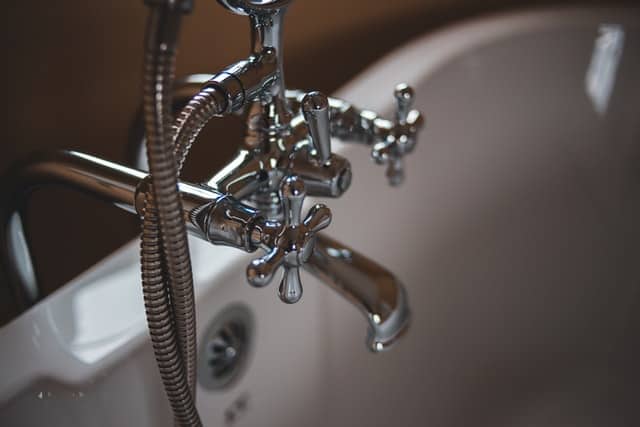We have noticed this great article pertaining to Prevent Freezing and Bursting Pipes below on the internet and felt it made sense to write about it with you in this article.

All house owners that reside in pleasant environments should do their ideal to winterize their pipes. It is something you need to do throughout autumn before deep winter months absolutely starts. Failure to do so can lead to disaster like icy, split, or burst pipes. If the climate outside is frightful, below are some helpful winterizing hacks to keep your plumbing system shielded even.
Attempt a Hair Clothes Dryer or Heat Weapon
When your pipes are almost freezing, your dependable hair dryer or heat gun is a godsend. If the warm towels do not help remove any working out ice in your pipes, bowling hot air straight right into them may help. However, do not make use of various other things that produce straight flames like a strike torch. This can lead to a larger calamity that you can not manage. You might wind up damaging your pipelines while attempting to thaw the ice. As well as over time, you may even end up shedding your house. So be cautious!
Open Up Cabinet Doors Hiding Plumbing
When it's cold outside, it would certainly be useful to open up cabinet doors that are concealing your pipes. They can be somewhere in your kitchen or restroom. This will certainly allow the warm air from your heater to distribute there. Because of this, you prevent these exposed pipelines from cold. Doing this tiny technique can maintain your pipes cozy as well as restrict the potentially harmful end results of freezing temperature levels.
Take Time to Wrap Exposed Water Lines
One very easy and also cool hack to heat up frigid pipelines is to wrap them with warm towels. You can cover them first with towels. After safeguarding them in position, you can put boiling water on the towels. Do it slowly to let the towels soak up the liquid. You can also use pre-soaked towels in hot water, just do not fail to remember to put on safety handwear covers to secure your hands from the warmth.
Turn On the Faucets
When the temperature level drops and also it appears as if the icy temperature level will last, it will certainly aid to switch on your water both indoors and outdoors. This will certainly maintain the water flowing via your plumbing systems. On top of that, the activity will reduce the freezing procedure. Significantly, there's no demand to transform it on full blast. You'll end up throwing away gallons of water by doing this. Instead, go for about 5 drops per min.
When Pipelines are Frozen, shut Off Water
If you observe that your pipelines are entirely frozen or almost nearing that stage, turn off the main water valve right away. You will generally find this in your cellar or utility room near the heating system or the front wall surface closest to the street. Turn it off as soon as possible to avoid additional damages.
With more water, more ice will certainly stack up, which will ultimately lead to rupture pipes. If you are uncertain concerning the state of your pipes this winter, it is best to call a professional plumber for an examination.
All home owners that live in pleasant climates should do their finest to winterize their pipes. Failure to do so can lead to calamity like icy, fractured, or burst pipes. If the warm towels do not aid dislodge any kind of working out ice in your pipes, bowling warm air directly into them may assist. Turn off the main water valve promptly if you notice that your pipes are completely icy or nearly nearing that stage. With even more water, even more ice will stack up, which will at some point lead to burst pipelines.
PREVENT YOUR PIPES FROM FREEZING THIS WINTER
A Leading Cause of Property Damage
When the weather is taking a deep nose dive into the cold dreary days, the risk of your pipes freezing and potentially bursting skyrockets. Unfortunately, during these cold dreary months, burst pipes are the most common denominator for property damage. The pipes that are most at the risk are those that are in areas where it is most cold in your home. For instance, pipes located in interior places such as basements, attics, and your garage. Unfortunately, that doesn’t mean that the pipes running through your cabinets or exterior walls can’t freeze. Good news, however, is that you can do things to help prevent pipes from freezing.
How to Prevent Pipes From Freezing
Once the temperature starts to drop during the winter, you should be taking the proper measures needed to ensure that your pipes stay warm and that there is circulation of water through them. Some steps that experts may recommend could go against your better judgement when it comes to saving water and heat. However, it would go without saying that when expenses are compared, damaged pipes could put a bigger dent in your wallet than a water bill.
What Can I Do?
Keep your garage door closed. This is very important, especially if you have water supply lines running through your garage. Open your kitchen and bathroom cabinets to allow warm air to circulate through them. Allow air circulation throughout your home. Keeping the interior doors open will once again allow the warm air to circulate inside your home. Ensure your thermostat is running the same temperature throughout the night and day. If you plan to be away from home during the cold months, set your temperature no lower than 55° F. This should provide enough heat to keep the pipes warm and prevent any remaining water inside the pipes from freezing. For more of a long-term solution, add insulation to attics, basement, and other crawl spaces around your home. By allowing your faucet to drip, it will alleviate pressure in the system. This is important because the pressure that is created between the blockage and the faucet can potentially cause the pipes to burst. Allowing the faucet to drip will prevent the pressure from building up, therefore keeping the pipes from bursting. Seal any cracks, openings, and crawl spaces around your home to prevent cold air from coming inside. This keeps your pipes-not to mention your home-warmer and less susceptible to issues caused by freezing temperatures. For the pipes in your home that are easily accessible, applying electrical tape to them might prevent them from freezing over. This is a quick fix, as you can apply the tape directly to the pipe. There are two options for heating tapes. One turns on and off by itself when it senses heat is needed. The other type of heating tape needs to be applied when heat is needed and removed when not necessary. If you have exposed pipes in your home, you can check this website to take a look at a few options that would be available at a shop near you.

I'm just very fascinated by Prevent Freezing and Bursting Pipes and I hope you enjoyed reading our entry. Appreciated our piece of writing? Please share it. Help someone else check it out. I treasure reading our article about How to stop pipes from freezing during the winter.
Reliable? That's us!